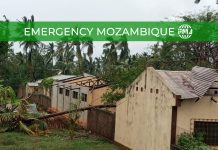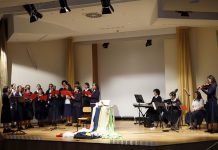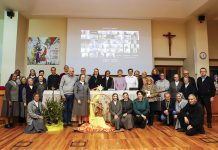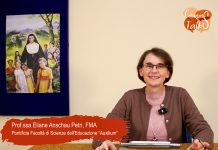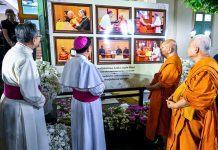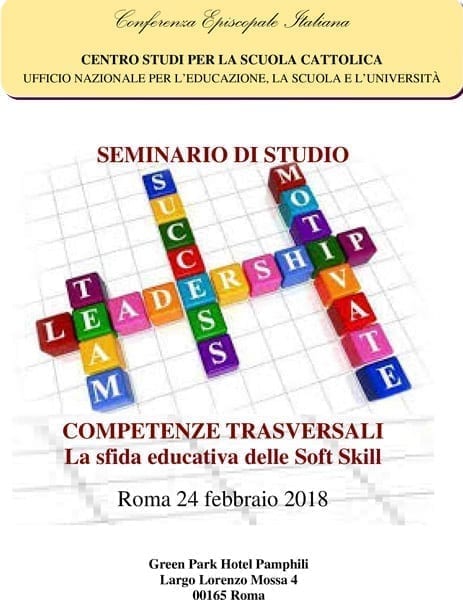Rome (Italy). Saturday, February 24, 2018, a study seminar was held in Rome promoted by the Study Center for the Catholic School of the National Office for Education, Schools and Universities (Unesu) of the Italian Episcopal Conference (CEI), entitled: “Transversal Competencies – the Educational Challenge of Soft Skills”. Some FMA collaborators of the Youth Pastoral Sector, from the Italian provinces, and from the Pontifical Faculty of the Science of Education Auxilium participated in the day.
The study day was opened by Prof. Ernesto Diaco, Director of Unesu, who affirmed: “The task of the school is to offer each person the tools to face life, a cultural and human background that leads to discover and live their vocation in the world, and generate a common good. The risk of reducing the idea of education to the repetition of inert, uniform, and impersonal knowledge, unrelated to reality, is always alive. Furthermore, the demand from the production world is very strong, so much so that the formation systems are bent according to the needs of the market “.
In the current cultural situation and in the various educational contexts in the world, the main challenge to education is to promote in students and teachers, personal skills that go beyond the mere possession of knowledge, techniques, and skills.
These are the soft skills, transversal skills to the different disciplines and inherent in interpersonal skills, in critical thinking skills, creativity, flexibility, aspects of character, and openness to reality.
Professor Michele Pellerey, SDB of the Salesian Pontifical University (UPS) of Rome and Professor Maria Cinque, Teacher at the Lumsa University of Rome, proposed interesting insights on the topic.
The first stated that today in the world of work there is a distinction between cultural, technological, and technical-practical skills, defined as hard skills; and more general and transversal skills called soft skills. In order to develop the latter, it is necessary to start from the Nursery School, especially focusing on the development of self-regulation skills in learning and behavior and highlighting the role of “executive functions” in the promotion of personal skills at the level of nursery school and the early years of the primary school, such as the control of impulsivity, attention, and emotions, flexibility, and organizational capacity.
In the upper secondary school, the role of “strategic” competencies is essential: cognitive, planning and organization of time and of work, participation in the management of school duties, relationship and collaboration with others. According to Pellerey, at the end of the scholastic experience, it is opportune to propose to the students a budget of their personal competences “in order to become aware of how prepared they feel to face further studies or the world of work”.
Professor Cinque, in her presentation, motivated the participants to re-think the way of teaching school because from the world of work, in particular through research at an international level, we have increasingly questioned the importance of technical skills in favor of a broader set of skills, shifting our attention from simple “knowledge” or “know-how” to the complexity of acting. In Italy, Spain, and Greece, where the unemployment rate is higher, the gap between the skills required by companies and the skills of young graduates is wider. For this reason, the European Union recommends soft skills as fundamental in the labor market and even suggests to universities to focus on the integral training of the person, since, as the OECD states, “the transversal skills contribute both to individual wellbeing and to social progress”.
The afternoon opened with the report of Prof. Massimo Tucciarelli, Professional Certified Coach, who presented the appropriate teacher formation on transversal skills and “coaching” as a privileged tool for the development of these skills in relationships between teachers and pupils, above all to transform a dissatisfaction into a goal, “to consider separately all the components that contribute to making the attraction exercised by the objective operative, to identify the components perceived as problems, to frame each problematic component from different points of view, to the point of discovering something new that is relevant to move towards a change”.
At the end of the seminar, Prof. Alessandra La Marca, professor of Formation Sciences, presented a report on “Soft Skills and character education“, an approach that is not limited to teaching techniques, but that offers students a reflection on themselves and a proactive attitude towards their existence and the social context in which they live


